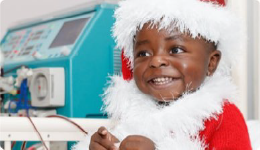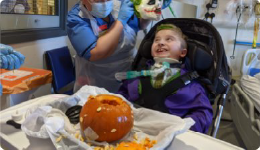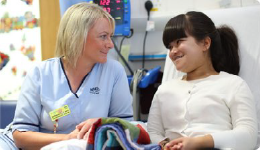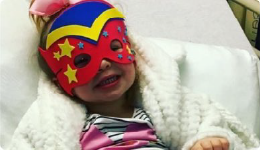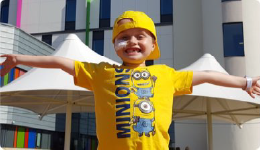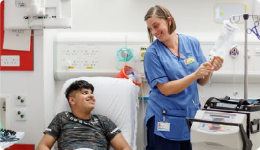To treat a burn, follow the first aid advice below:
- Immediately get the person away from the heat source to stop the burning
- DO cool the burn with cool or lukewarm running water for 20 minutes – DON'T use ice, iced water, or any creams or greasy substances such as butter
- DO Remove any clothing or jewellery that's near the burnt area of skin, including babies' nappies - but DON'T move anything that's stuck to the skin
- Make sure the person keeps warm – by using a blanket, for example, but take care not to rub it against the burnt area
- Cover the burn by placing a layer of cling film over it – a clean plastic bag could also be used for burns on your hand
- Use painkillers such as paracetamol or ibuprofen to treat any pain
- If the face or eyes are burnt, sit up as much as possible, rather than lying down - this helps to reduce swelling


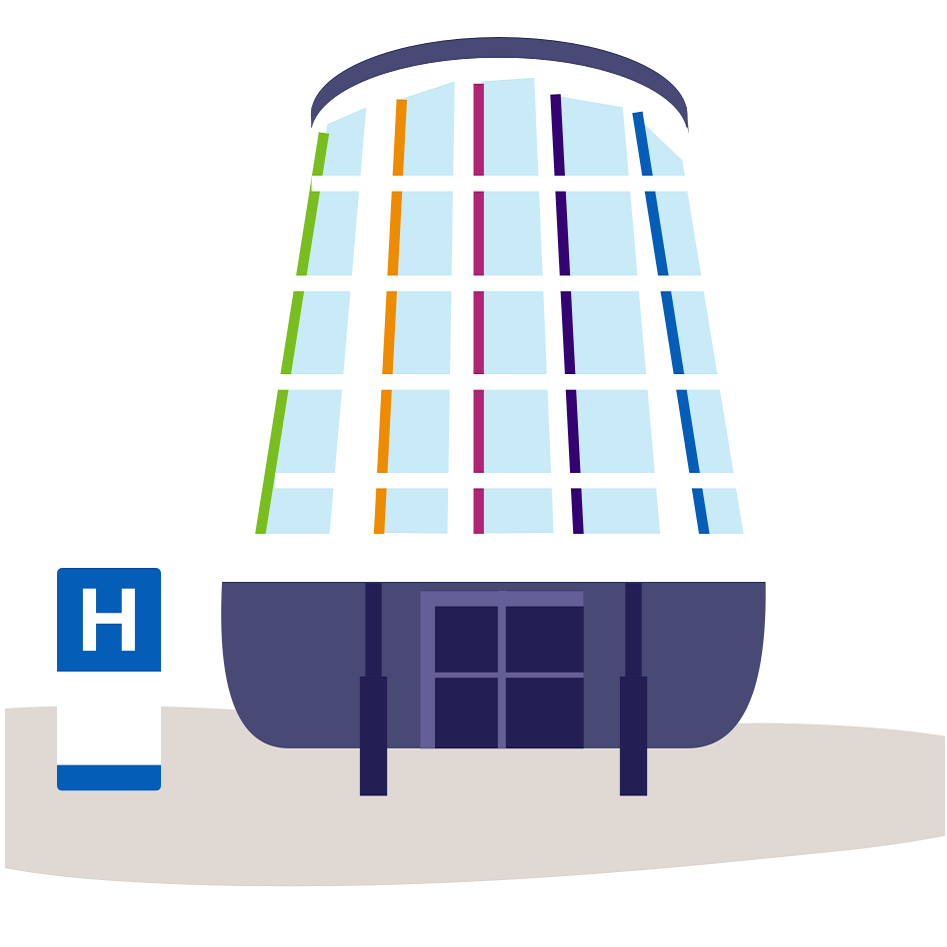

 Self Care
Self Care Local Pharmacist
Local Pharmacist Health Visitor
Health Visitor GP (General Practitioner)
GP (General Practitioner) Emergency Department
Emergency Department



